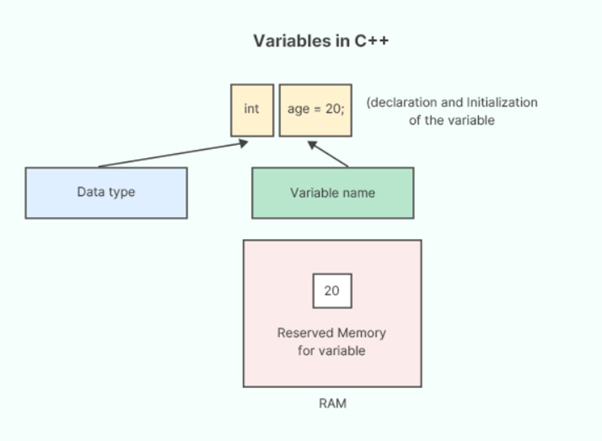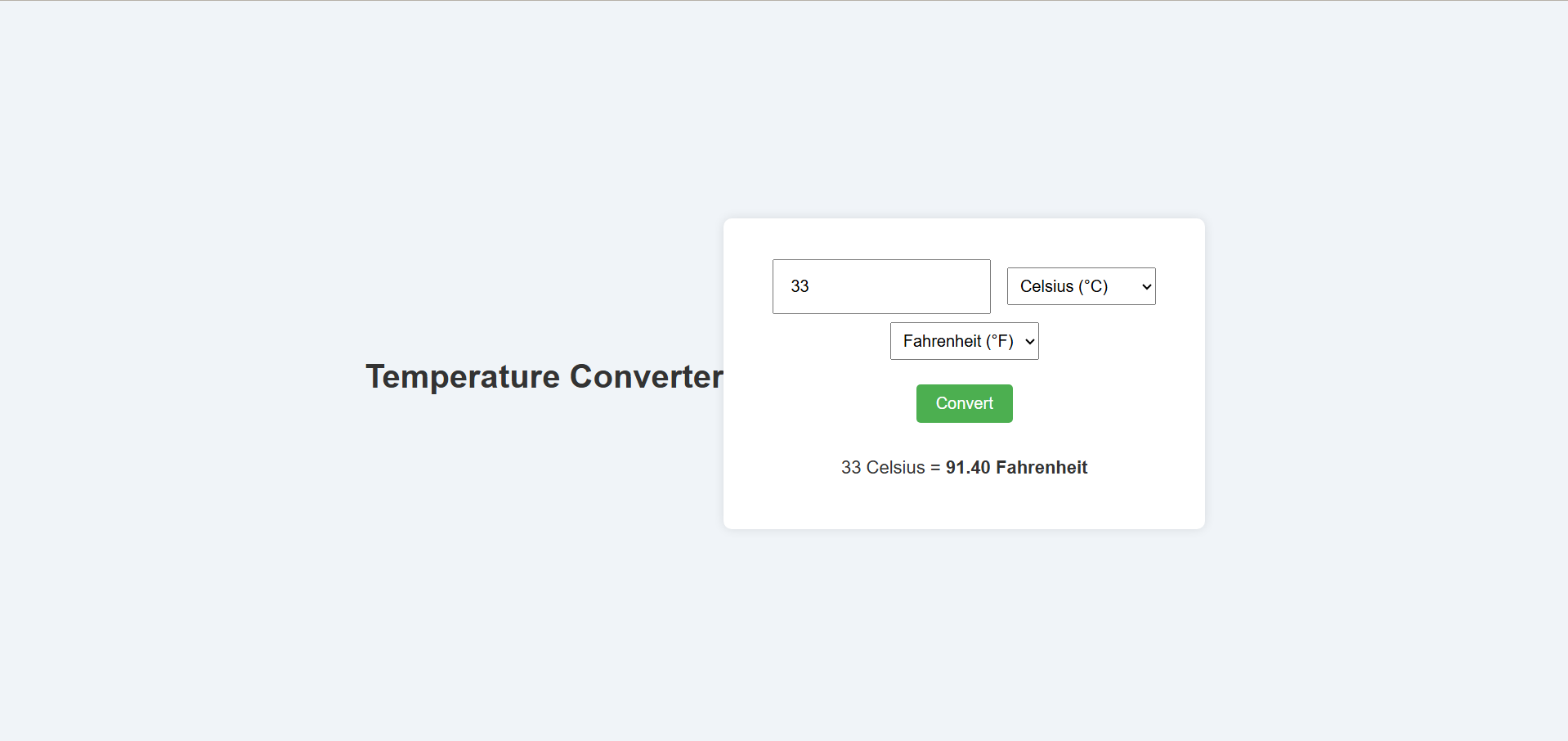Variable Scope in C++
Welcome to the wild world of C++ variable scope! If you're like most people, the mere mention of variable scope makes your eyes glaze over, and your brain go into hibernation mode. But fear not, dear reader! In this module, we will take a wacky and offbeat journey through the crazy realm of C++ variable scope. We'll explore what it means, why it matters, and how you can harness its power to create functional and downright zany code! So strap on your seatbelt, grab a cup of coffee (or tea, if you're feeling adventurous), and get ready to dive headfirst into the wackiest, wildest, and most wonderful world of C++ variable scope!

Global Variables
Global variables are declared outside any function or block in a C++ program. They are accessible from any part of the program, meaning they have a global scope. Global variables are used when you want a variable accessible from multiple parts of the program without having to pass it around as an argument.
How to declare global variables
To declare a global variable, simply declare it outside of any function or block and before it is used. For example, to declare a global integer variable named "myVar", you would write:
int myVar;This declares a global integer variable named "myVar", which can be accessed from any part of the program.
How global variables can be accessed
Global variables can be accessed from any part of the program. To use a global variable, simply refer to it by its name. For example, if you have declared a global integer variable named "myVar", you can use it in a function like this:
void myfunction() {
// use the global variable "myVar"
cout << myVar << endl;
}This function accesses the global variable "myVar" and outputs its value.
Pros and cons of using global variables
The use of global variables has both advantages and disadvantages.
Advantages:
- Global variables are easy to use and require no additional code to pass as arguments to functions.
- Global variables can be accessed from any part of the program, which can be useful in certain situations.
Disadvantages:
- Global variables can be modified from any part of the program, making it difficult to track bugs and errors.
- Global variables can be a security risk, as any part of the program can access and modify them, including malicious code.
Example code to illustrate global variables
Here is an example program that uses a global variable:
#include <iostream>
using namespace std;
// declare a global integer variable
int myVar= 10;
// a function that modifies the global variable
void myFunction() {
myVar = 20;
}
int main() {
// output the global variable
cout << "myVar = " << myVar << endl;
// call the function that modifies the global variable
myFunction();
// output the global variable again
cout << "myVar = " << myVar << endl;
return 0;
}This program declares a global integer variable named "myVar", initializes it to 10, and outputs its value. It then calls a function named "myFunction", which modifies the value of the global variable to 20. Finally, it outputs the value of the global variable again. When run, the program outputs:
myVar = 10
myVar = 20This illustrates how a global variable can be modified from any program part.

Local Variables
Local variables are declared inside a function or block in a C++ program. They have a local scope, meaning they are only accessible within the function or block in which they are declared. Local variables are used when you temporarily store only needed data within a specific part of the program.
How to declare local variables
To declare a local variable, simply declare it inside a function or block. For example, to declare a local integer variable named "myVar", you would write:
void myFunction() {
int myVar;
}This declares a local integer variable named "myVar" within the function "myFunction".
How local variables can be accessed
Local variables can only be accessed within the function or block in which they are declared. To use a local variable, refer to it by its name within the function or block. For example:
void myFunction() {
int myVar = 10;
cout << myVar << endl;
}This function declares a local integer variable named "myVar" and initializes it to 10. It then outputs the value of "myVar".
Pros and cons of using local variables
The use of local variables has both advantages and disadvantages.
Advantages:
- Local variables are only accessible within the function or block in which they are declared, making it easier to track bugs and errors.
- Local variables are automatically destroyed when the function or block in which they are declared ends, which helps prevent memory leaks.
Disadvantages:
- Local variables cannot be accessed from outside the function or block in which they are declared, which can be a disadvantage if you need to access the data stored in the variable from another part of the program.
- Local variables can be more difficult to use than global variables, as they must be passed as arguments to functions or returned from functions to be used in other program parts.
Example code to illustrate local variables
Here is an example program that uses a local variable:
#include <iostream>
using namespace std;
// a function that uses a local variable
void myFunction() {
// declare a local integer variable
int myVar = 10;
// output the value of the local variable
cout << "myVar = " << myVar << endl;
}
int main() {
// call the function that uses the local variable
myFunction();
return 0;
}This program defines a function named "myFunction" that declares a local integer variable named "myVar" and initializes it to 10. It then outputs the value of "myVar". The program then calls "myFunction". When run, the program outputs:
myVar = 10This illustrates how a local variable can be used within a function to store data that is only needed within that function temporarily.




























